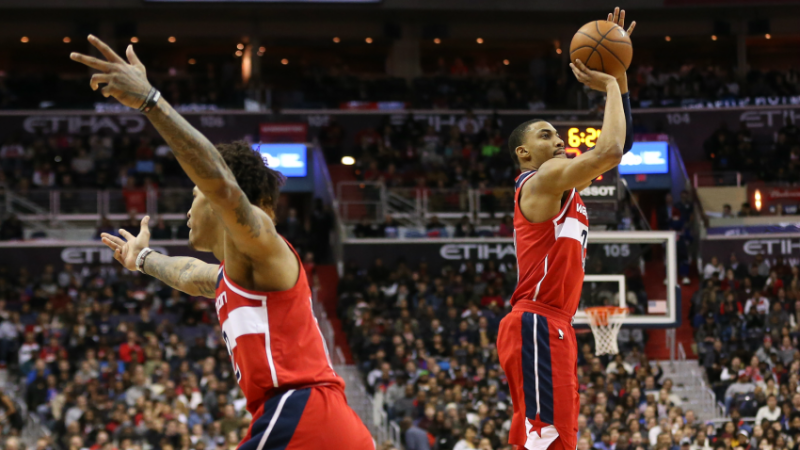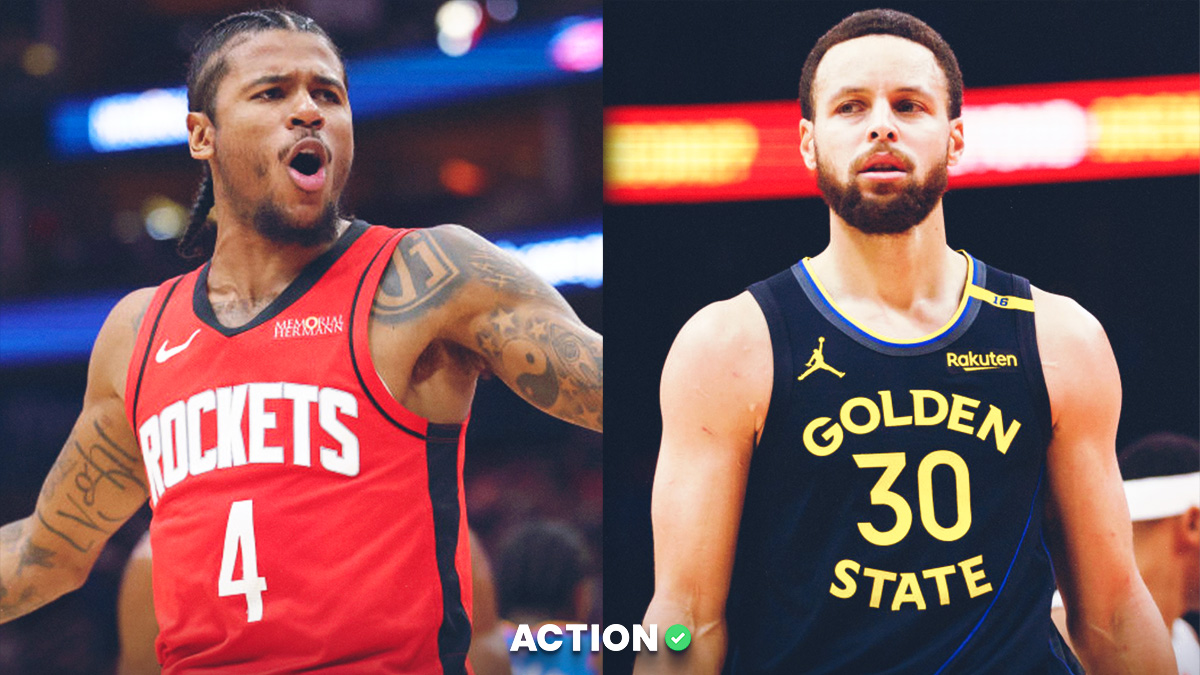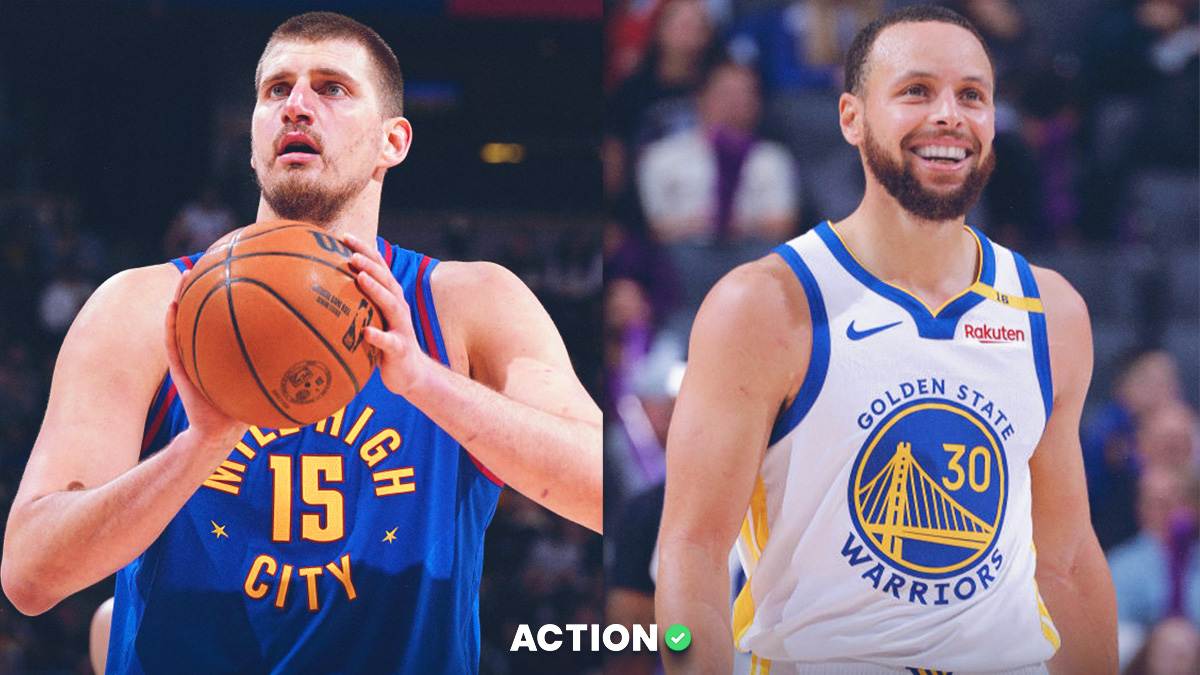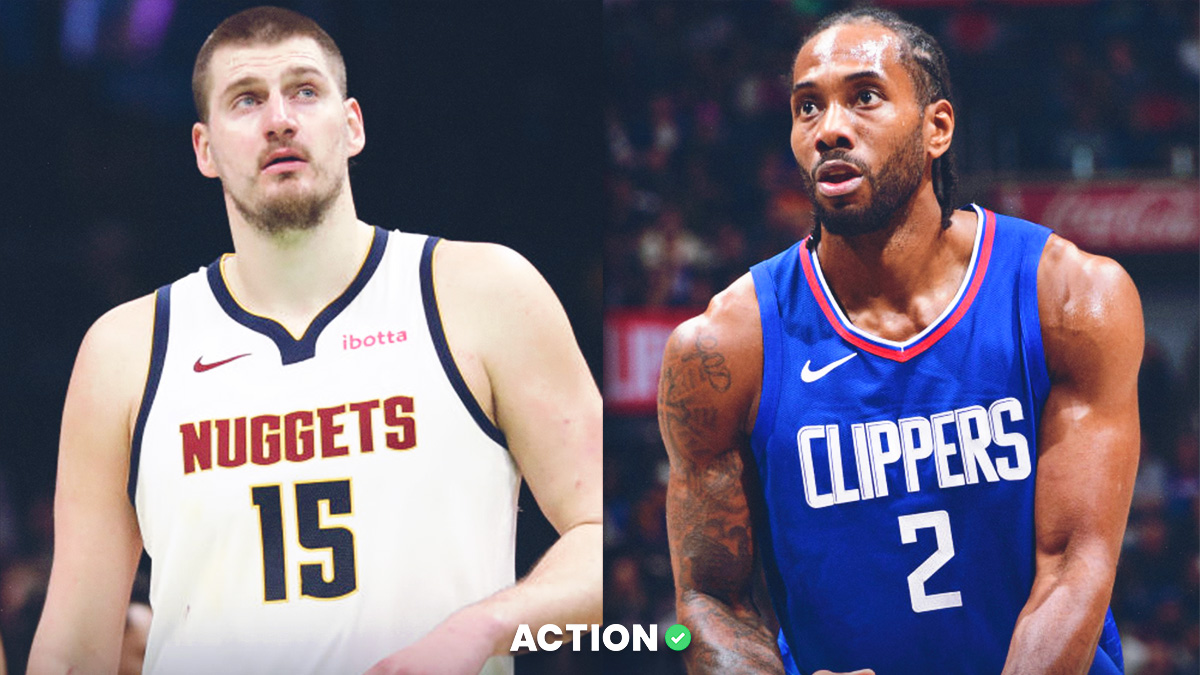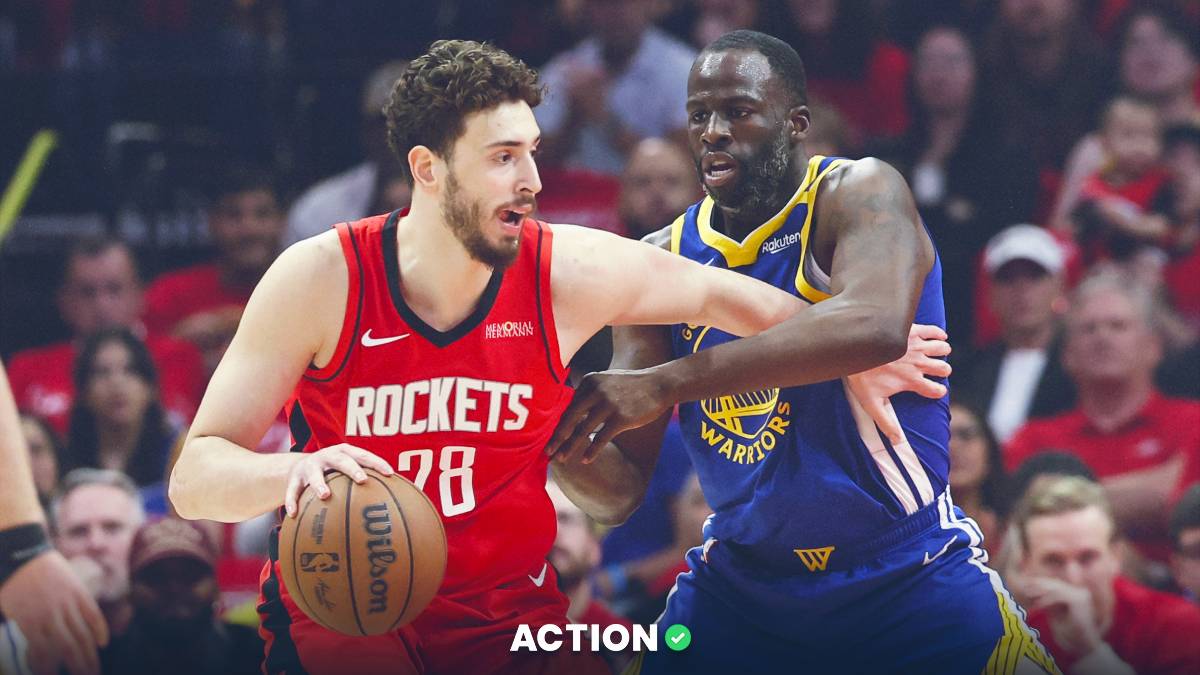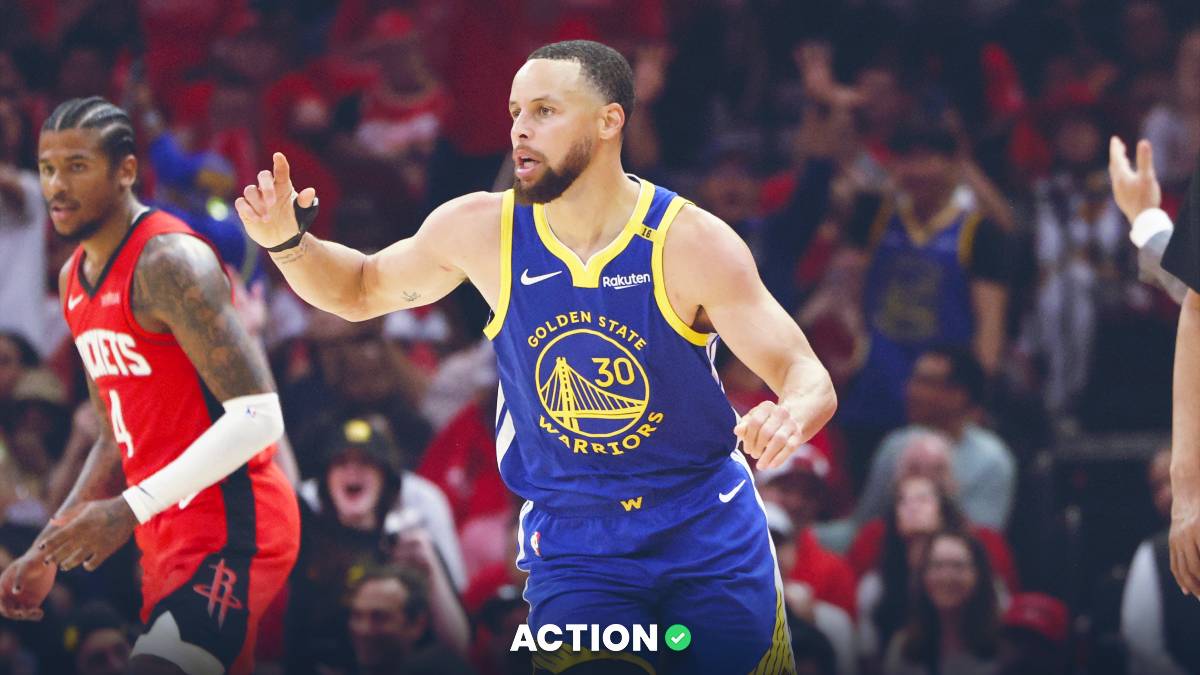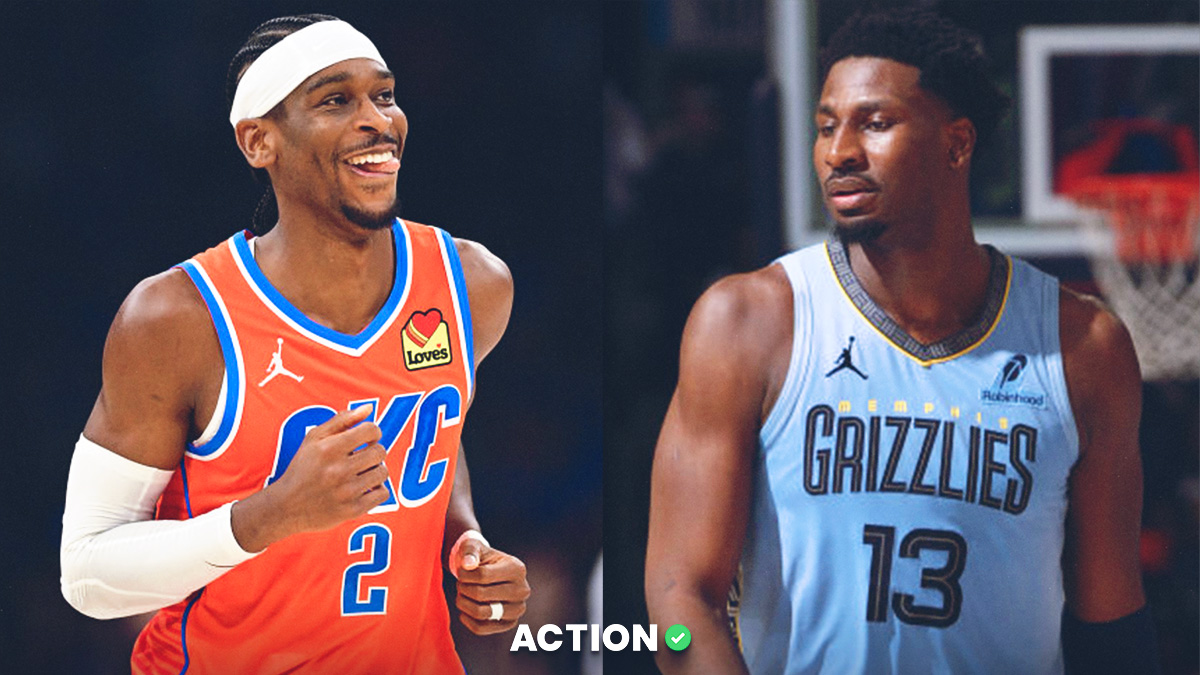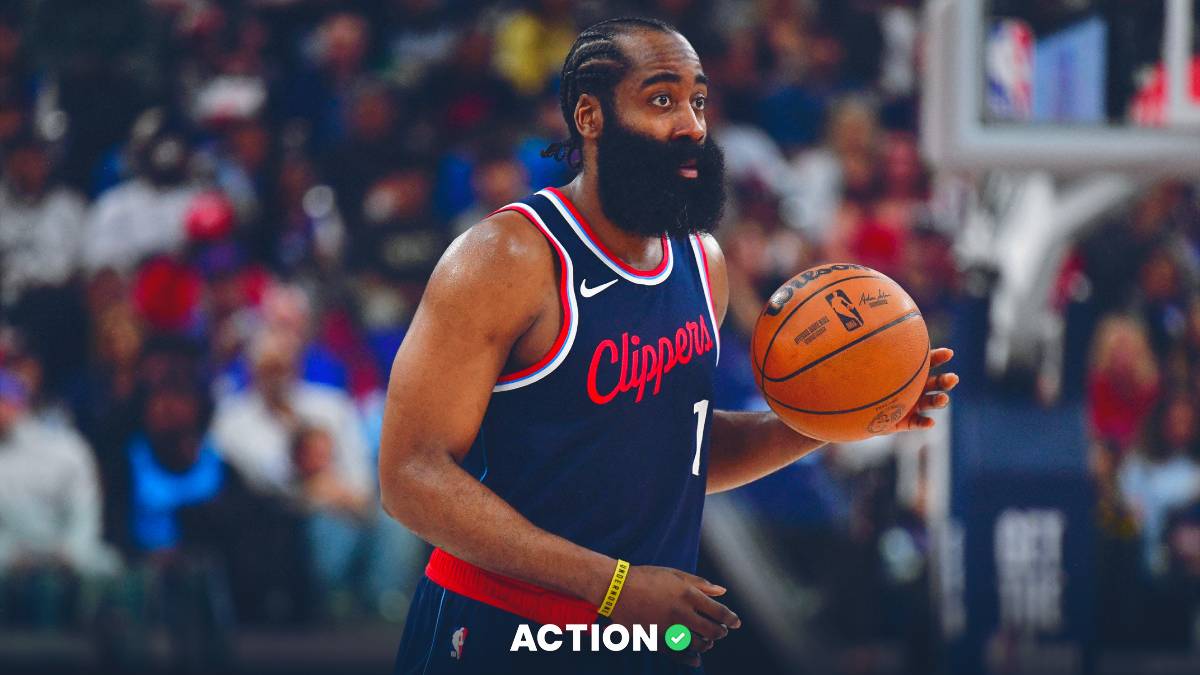The Washington Wizards continue to slide along the razor's edge between contention and oblivion like a suburban teenager riding the rails on his skate board. Bradley Beal has been at times ascendent to the level of scorer who can take the game over himself, and other times pedestrian. John Wall has had a down year, with injuries bothering him after a banner campaign last season. Watching Wall play is much like eating pizza. Even when the game isn’t great, you'll still sit down and consume it.
And then, there's Otto Porter.
OUTTO NOWHERE
The Wizards paid through the nose this summer for Porter, prompting a fair amount of the annual scoffs reserved for any role player who winds up with a big contract, as if those same voices that decry them also don't prattle on about the value of "team-first" guys. With Porter coming off a career year, there were understandably concerns about whether his performance was a contract-year fluke.
Not only has Porter kept it up, he's taken steps forward, averaging career highs in points, rebounds, and 3-point percentage. The numbers aren't as important as Porter's overall evolution. He started off his career as a "3 and D" wing, one who focused on converting the "3" part. But as his shot improved, he began to add layers to his game, most notably, the ability to create his own shot.
Porter is averaging a higher percentage of shots as the ball-handler in pick and roll this season compared to last year, via NBA.com's Synergy Sports data. That's a sign of his growing ability to generate his own offense.
That seems like a small thing, but for Washington, it's big on many levels. Adding a third player who can create offense with the ball in his hands significantly alters the balance if an opponent successfully takes one option away. Think of the Thunder with not only James Harden, but in 2016 when Dion Waiters gave them a change-of-pace ball-handler off the bench. That same dynamic is vital for Washington to have the necessary counter-punch in the playoffs.
It's on the defensive end where Porter is still inconsistent, and yet his presence is most strongly felt. The Wizards are 5.5 points better per 100 possessions with Porter on-court defensively.
THE STRETCH PROVISION
The Wizards continue to only flirt with the best use of Porter, though, as a small-ball 4. The starting unit of Wall, Beal, and Marcin Gortat, with Kelly Oubre at 3 and Porter at 4 outscores opponents by 20 points per 100 possessions. That’s by far Washington’s best heavy-minute lineup, and its success only continues to add more leverage to this question: What is the long-term value of Markieff Morris with this squad?
Beal, Wall, and Porter with Morris: +5.0 points per 100 possessions
Beal, Wall, and Porter without Morris, Scott, or Smith: +23.3.
Much of this is intuitive. Surrounding Wall with more pure shooters to provide more space only makes sense, and with how Porter has developed as a perimeter shooter, he's a big help there. The spacing is just drastically better with these lineups:
Porter isn't a guy who can go out and score 40 to win you a playoff game. But he can change the complex of how your team operates.
OPPORTUNITY KNOCKS
Porter's ascendence this season opens a door, as well. Overall, Morris has worked well with the Wizards, as their starting unit has been successful year after year. Put another way: Morris doesn't prevent Washington’s starting unit from having success. As Kelly Oubre continues to develop, and with the value of stretch 4s on the market, Morris provides the Wizards with a rare opportunity to upgrade.
Washington's biggest challenge going forward is that they are cap strapped with recent extensions or new deals for Wall, Beal, and Porter. They paid Porter because they couldn't afford to lose him, but Porter is also just 24. He’s still very much improving, and with his size and the skill set he's shown, he actually is the third star you would want the Wizards to pay.
The irony is the Wizards traded for Morris to be that third star. Instead, he does some things well — he's shooting 36% from 3-point range, he's tough and physical — but consider the following:
- The offense and defense are both slightly worse, by about two points per 100 possessions, with Morris on the floor
- The biggest concern you have with going small is defense, as addressed above, and rebounding. But the Wizards have a better rebound percentage (51%) with Morris on the bench than with him on the floor (47.6%)
That toughness shouldn't be a question mark for this team. Marcin Gortat, for however long he's there, is not a dude you want to mess with. John Wall played through a fractured wrist. Bradley Beal is mentally tough and has gotten over his injury issues. And if you need that "healthy amount of crazy," well, Kelly Oubre is already in place.
This isn't about Morris being a bad player, because he hasn't been for the Wizards. But the opportunity to use him in a trade to acquire another wing upgrade and further solidify a drastically improved bench is too great to ignore. All of that is possible because of what Porter has provided.
In many ways, Otto Porter is the gift that keeps on giving for the Wizards.


